The Australian Signals Directorate (ASD) seeks to recruit and develop a diverse workforce who are curious, imaginative and not deterred by difficult challenges.
Meet some of the people who are currently working at ASD.
A growing industry
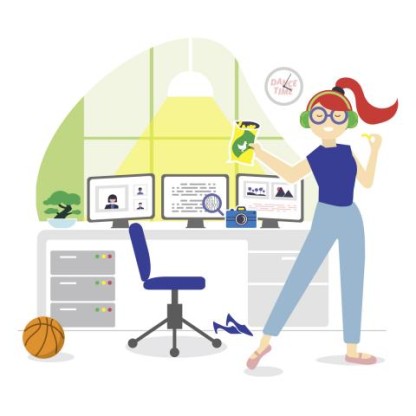
“At university, I did mostly programming and IT security subjects. In general terms, my job is cyber threat intelligence. Essentially, I identify, monitor and understand new and emerging cyber threats targeting Australia. My programming and IT skills allow me to analyse what a cybercriminal is doing and how I could disrupt them. I chose a career in STEM because it was challenging and exciting. I’ve been able to be creative and inventive when tackling complex problems. Cyber security or IT security is cutting edge and is constantly evolving, so the ability to be on the front line of an expanding industry is super exciting. The work at ASD is unlike anything else. You get to work on projects and deal with problems that just don’t exist anywhere else.” - Nicole, Cyber Threat Intelligence
Accommodating the spectrum

“I have autism spectrum disorder and bipolar disorder. I applied for ASD’s graduate program in 2016. It took me a long time to reach a stage where I could handle an assessment centre situation. The main reason I did post-graduate studies at university is because I wasn't ready for the real world yet. (The second reason was that science is fun, which is also a good reason.) And even after this self-imposed delay I still found myself continuously outside my comfort zone during the assessment and interviews. You could argue that if I can't handle an assessment centre, I can't handle the job, but I'd argue my work history, ability to balance work and study, and academic results say otherwise.
I have certainly found ASD to be an environment that is more accommodating and comfortable for people on the spectrum than many government organisations - or other large organisations for that matter. I think ASD offers some unique types of work, being highly cognitive and not always relying on natural social skills, to achieve great outcomes. Many neural-diverse people gravitate towards and excel in that kind of work.” - Emily, Radio Frequency Signals Analyst
Challenges for problem solvers
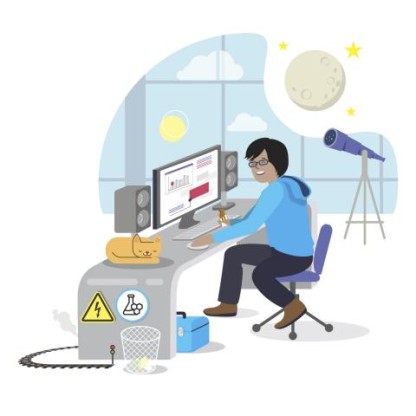
“I started my work career as an apprentice electrician, and the experience has been a solid foundation to my career. At university, I studied for an Associate Degree in Electrical Engineering. I have gone back to uni a few more times to gain additional qualifications in economics and finance, project management, and I finally finished up with a PhD in Information Systems. Regardless if one works in the field or in the office, electrical engineering is technically challenging and I am always learning something new. I am a problem solver. Giving me problems to solve makes me happy at work, which is why I love working at ASD.” - Nguyen, Electrical Engineer
A systematic approach
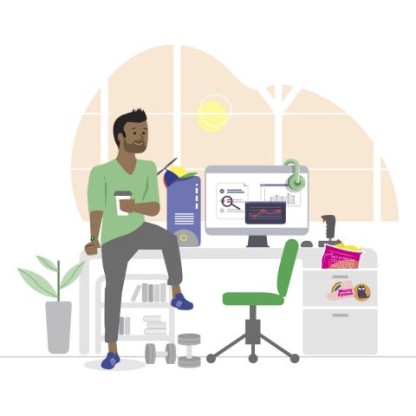
“At university, I did a double degree in arts and science. In arts, I studied sociology and literature, while in science, I studied biochemistry and molecular biology. At ASD, I primarily do digital forensics in support of incident response and threat hunting. This involves using my knowledge of computers to reactively (in response to suspected compromise) or proactively (suspected target of compromise) find bad activity. I regularly draw on my ability to formulate hypotheses about what I think happened, devise a plan to test whether this is true, and evaluate available evidence – all of which are skills that I developed during my science degree. I chose a career in STEM because I really enjoy the intellectual stimulation that comes with tackling complex problems.” - Prakesh, Digital Forensics
Mixing it up
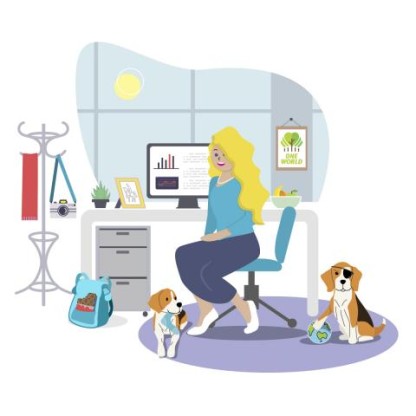
“After changing my uni courses a little, I ended up with a Bachelor of Business but with a focus on ecology/conservation (marine resource management) and business law. After I graduated I also went on to complete an MBA (International Business). I knew very little about ASD when I was accepted into the grad program and have never looked back. The opportunities have been amazing. I have worked across a number of teams, including overseas. My colleagues are exceptional, which is inspiring. To be able to work in a STEM field and on national security matters is incredibly rewarding. I lead a team of technologists and analysts who focus on managing and triaging cyber security incidents. The one thing I have learnt working in cyber security is that every day is different and new days bring new exciting challenges.” - Avi, Team Leader, Cyber Security Incidents
Freedom to flourish

“When I was younger, I either wanted to be an author or astrophysicist. At university, I did a Bachelor of Science in physics in bio-anthropology. I always loved STEM and was very passionate about it, particularly physics. I work in the capability-building side of ASD, liaising between our organisation and academia on higher-degree research programs that benefit ASD. What I love about my work is that I bridge a lot of disciplines, teams and work styles and don’t feel boxed into a particular definition of STEM, but work across multiple STEM and non-STEM areas in a fluid and organic way.” - Sophie, Capability Building
Interesting problems and smart colleagues
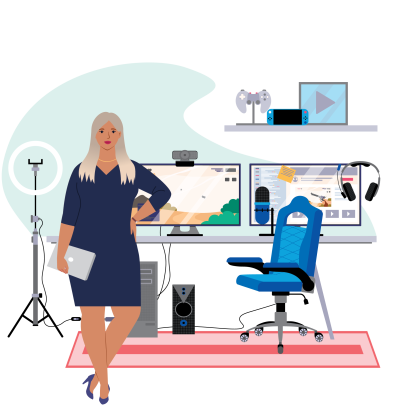
“I studied a double degree of software engineering and neuroscience at university. Originally I wanted to be a scientist and just wanted to learn some programming for fun. Growing up, I loved video games and computers. Somewhere during the 5 years I spent studying, I realised I actually enjoy software development a lot so I changed my mind about the kind of job I wanted. While I was studying I worked at my university's IT help desk. After graduating I joined ASD as part of its graduate program, and have been working as a software developer here since. I do Windows development and work mostly with C and Python. I enjoy my job because I get to work on interesting problems with smart colleagues. I've had the opportunity to learn a lot of new skills, both through formal training courses and on-the-job learning. I like the flexible hours provided and the emphasis on work-life balance. I get to work on hard problems while at work, but still have the time to enjoy my hobbies outside of work.” - Georgie, Software Developer
A vital mission

“I've always had an interest in programming; as a primary school student I typed out hundreds of lines of code from a magazine in order to create a game. Unfortunately, I made a typo at some point and had no idea how to interpret an unintelligible error message to find the problem and make the game work.
Despite that setback, my interest in computers didn't wane, and my studies at university before coming to ASD were focused on programming, networking and security. I initially worked in a role overseeing the accreditation of network security from a policy and technical standpoint, before working in a job that is primarily programming. I work directly with customers on both long-term projects and writing tools to be used on the same day they are finished. Whether coding in C or writing Python scripts, debugging or researching obscure software behaviour, or looking at packet captures and examining security measures, there's always something new and interesting to work on.
It's great to see my work being used for something more than profit on a company's balance sheet, and the ability to work extra hours one week so I can knock off early or take a whole day off the next is a definite bonus. That's excellent for me in winter as I'll take a long weekend to hit the slopes on a snowboard! Ditch your image of the stereotypical geek - you're likely to see me or my workmates on the sports field, at the pub, or chewing the fat over the latest Game of Thrones episode, we just happen to like coding and computers as well.” - Tolga, Software Developer